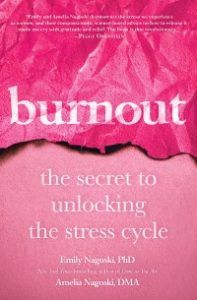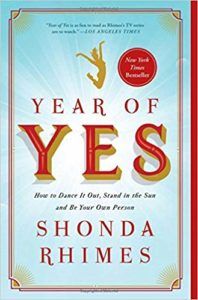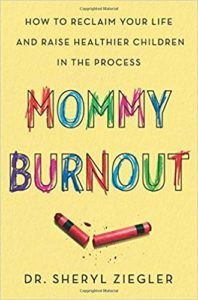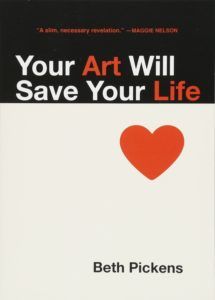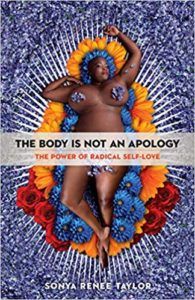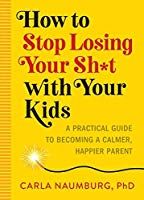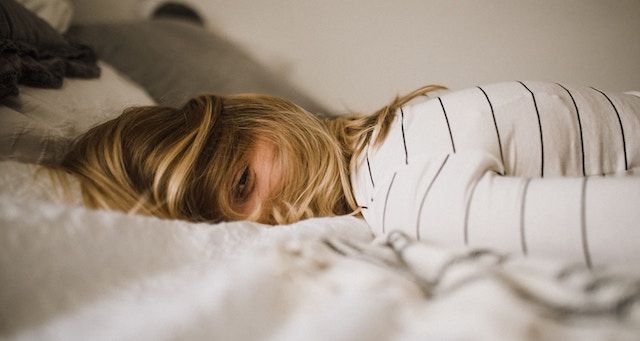
Books About Burnout and Its Recovery
Lately I’ve been feeling worn out, angry, unmotivated, and restless, all at the same time. I’ve been having trouble staying organized, I crash on the couch after putting my son to bed, and just cannot find the energy to do anything I’d like to. I couldn’t figure out what was going on: I thought maybe I had mono, maybe I was depressed, maybe I needed to travel—and then I realized that perhaps I was simply burnt out.
We use the term “burnout” a lot—for jobs, for personal life, any time we feel blah. It’s defined as a state of chronic stress that leads to physical/emotional exhaustion, cynicism/detachment, and feeling ineffective and unaccomplished. Check, check, and check. It doesn’t happen suddenly; it’s more of a gradual fade. But when it happens, it happens, alright. Don’t get me wrong: I can practically hear the naysayers scoffing at this, saying everyone is under stress, you’re nothing special, blah blah blah. And they’re right: everyone has stressors. I’m not special in that way. But there is a marked difference between being stressed (and there is such a thing as good stress) and being burned out. When you’re seriously thinking of giving up a career that you’ve worked toward for more than a decade and spent an obscene amount of student loans on, you’re likely more than “just stressed.”
Once I realized I may be suffering from burnout, even that realization gave me relief: oh good. Now I can start to fix this. I started reading things I loved, made a conscious decision to get outside more and be in the sun (as a writer who works from home, it is alarmingly easy to rarely go outside), and decided to try hiking. Even making plans for these things was a small step in feeling better for me.
I wanted more, though. I wanted stories of how other people worked through burnout, how to avoid it in the future (or reduce the likelihood, anyway), and ways I could change my life to create health and fulfillment. Here are some books about burnout I found.
Books About Burnout
 Burnout: The Secret to Unlocking the Stress Cycle by Emily Nagoski and Amelia Nagoski
Burnout: The Secret to Unlocking the Stress Cycle by Emily Nagoski and Amelia Nagoski
When I asked my fellow Book Rioters for suggestions about what to read when feeling uninspired and burnt out, this book was almost immediately recommended to me, by multiple Rioters, all of whom raved about it. The book is science-based (which I appreciate) and explores how women’s burnout is different than men’s. They address societal factors, internal factors, cultural pressures and more—complete with worksheets, exercises, and a style of writing that’s friendly but knowledgeable.
 Year of Yes: How to Dance it Out, Stand in the Sun, and Be Your Own Person by Shonda Rhimes
Year of Yes: How to Dance it Out, Stand in the Sun, and Be Your Own Person by Shonda Rhimes
This book has been recommended for so many things by fellow Rioters, and I’m finally adding it to my TBR list. After all of Rhimes’s success, she realized that although she was an introvert by nature, she was also letting fear dictate a lot of decisions. Though not about burnout per se, this book is about her year of deciding to say YES to everything that scared her. What happens when you make your life bigger? I’m going to read this to find out.
 Mommy Burnout: How to Reclaim Your Life and Raise Healthier Children in the Process by Sheryl Ziegler
Mommy Burnout: How to Reclaim Your Life and Raise Healthier Children in the Process by Sheryl Ziegler
I saw this in the bookstore and immediately pulled it off the shelf. As a single mom who works full-time and then some, parenting is…draining. Although this book is described as a handbook of sorts to free women from the idea of being the “perfect mom,” that’s something I never even aspired/aspire to. I don’t try to create a Pinterest-like life, I am not my child’s entertainment concierge, and certainly don’t try to be a perfect magazine mom—but there are pockets of this book that are helpful. I am a bit dismayed, however, that parents of children with special needs/disabilities only warrant a sidebar in the book (“Do You Know a Mom of a Special Needs Child?”). Given the statistics about stress/burnout and caregiving, and what parents navigate in dealing with the school system and parenting children with atypical needs, I would have hoped that the author would be cognizant about including a chapter or being more inclusive, but from what I can see so far, it’s a bit disappointing in that regard.
 Your Art Will Save Your Life by Beth Pickens
Your Art Will Save Your Life by Beth Pickens
I started reading this and within the first 20 pages or so, started to immediately become more excited about my work—that’s how I knew this one was a keeper. (As if I couldn’t tell by the title). The book talks a lot about how the current political environment can suck us dry, especially creative types, and how it is essential to keep creating, step away from media sources if you have to, and just. keep. creating. It’s a short book, and I read it in a day, underlining things and writing notes in the margins. Every artist should have this on their bookshelf.
 The Body is Not an Apology: The Power of Radical Self-Love by Sonya Renee Taylor
The Body is Not an Apology: The Power of Radical Self-Love by Sonya Renee Taylor
Again, this one isn’t specifically for burnout, but part of dealing with and preventing future burnout is self-care, and I’d argue, perhaps self-love. This book addresses that very thing, and encourages readers to harness their own power and acceptance in order to be more effective in creating change in their communities and the larger world.
 How to Stop Losing Your Sh*t With Your Kids: A Practical Guide to Becoming a Calmer, Happier Parent by Carla Naumburg (August 20, Workman)
How to Stop Losing Your Sh*t With Your Kids: A Practical Guide to Becoming a Calmer, Happier Parent by Carla Naumburg (August 20, Workman)
When I got this in the mail, all I could think was wow, they really know me, huh? And when I finally finished the book and posted about it on Facebook, I got comment after comment from fellow parents about how they needed to read this book and I got private messages from people asking to borrow it. I don’t generally read parenting books; as the single mom of a child with language disabilities, many parenting books ignore the fact that not everyone is partnered or that some kids aren’t typical—only making me feel more alone. But this book was inclusive in a whole bunch of ways, and it was funny. She even has chapters on things like how sleep deprivation affects parents in every possible way—which I could have used in the first two years of parenthood. We “lose our shit” with our kids (and by that, she means either raising your voice, snapping, or yelling) for a variety of reasons, many of which aren’t actually our kids. The title is true: it’s a super practical book and one I’d recommend to every parent—and while not about burnout specifically, it’s definitely about self-care.
Though none of these books about burnout are a magic bullet, I’m hoping they provide me with lots of tools and inspiration for creating a happier, more relaxed, less-stressed life.



